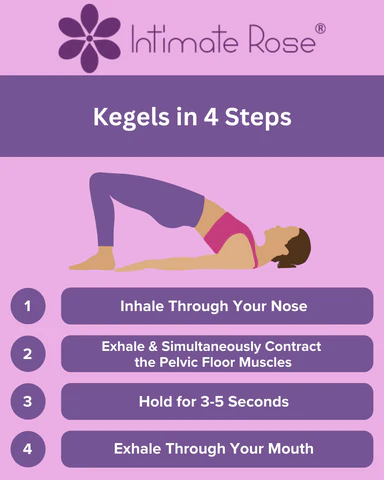Are you curious about how physical therapy can address unique health concerns for women? You’re not alone! Women’s health physical therapy is a specialized field designed to improve the quality of life for women by addressing issues like pelvic pain, urinary incontinence, and more. Whether you’re experiencing discomfort or simply want to strengthen your body during pregnancy or postpartum, these treatments can help. This guide dives deep into what women’s health physical therapy is, its benefits, and the exercises and treatments you can expect.
Understanding Women’s Health Physical Therapy
Women’s physical therapy focuses on the unique health needs of women across all stages of life, from pregnancy to menopause and beyond. It involves non-invasive treatments tailored to address concerns like pelvic pain, urinary incontinence, and postpartum recovery.
Common Conditions Treated:
- Pelvic Pain: Issues like endometriosis, vulvodynia, or post-surgical discomfort.
- Urinary Incontinence: Treatments help regain bladder control through specialized techniques.
- Pregnancy-Related Discomfort: Reducing back pain, sciatica, or pelvic floor issues during pregnancy.
- Postpartum Recovery: Strengthening the pelvic floor and core muscles after childbirth.
The Role of Women’s Health Physical Therapy Exercises
Exercises are a cornerstone of women’s health physiotherapy. They aim to strengthen muscles, improve mobility, and relieve pain.
Examples of Exercises:
Pelvic Floor Exercises (Kegels):
- Strengthen the pelvic muscles and improve bladder control.
- Great for postpartum recovery and managing urinary incontinence.

Bridge Pose:
- Targets the lower back and pelvic floor.
- Helps relieve pelvic pain and improve core stability.

Deep Breathing with Core Engagement:
- Reduces tension in the pelvic floor.
- Beneficial during pelvic floor physical therapy pregnancy sessions.

What conditions does women’s health physical therapy treat?
1. Pelvic Floor Physical Therapy for Women
This treatment focuses on the group of muscles supporting the bladder, uterus, and rectum. A women’s health pelvic floor physical therapist uses targeted exercises and manual techniques to restore function.
Conditions Treated:
- Urinary incontinence.
- Pelvic organ prolapse.
- Pain during intercourse.
2. Physical Therapy Treatment for Female Urinary Incontinence
Urinary incontinence can affect women of all ages, often due to weakened pelvic muscles. Therapists use methods like:
- Biofeedback.
- Electrical stimulation.
- Tailored exercises like Kegels.
3. Pelvic Pain Physical Therapy
This involves manual therapy to address trigger points, improve blood flow, and reduce pain. It’s particularly effective for conditions like painful menstruation or endometriosis.
Pelvic Floor Physical Therapy During Pregnancy
Female physical therapist during pregnancy focuses on preparing the body for childbirth and preventing complications like diastasis recti or incontinence.
Benefits:
- Strengthens pelvic muscles for a smoother delivery.
- Reduces pregnancy-related back and pelvic pain.
- Helps with postpartum recovery.
Exercises to Try:
- Squats: Builds strength in the lower body.
- Cat-Cow Stretch: Relieves tension in the back and pelvis.

Women’s Pelvic Physical Therapy Postpartum
Postpartum care is crucial for recovery. Women’s pelvic physical therapy addresses:
- Healing from episiotomies or C-sections.
- Rebuilding core strength and stability.
- Managing postpartum urinary leakage.
Final Thoughts
Women’s health physical therapy is a vital resource for addressing a range of issues, from pelvic pain to postpartum recovery. Whether you need help with physical therapy treatment for female urinary incontinence, exercises to strengthen your pelvic floor, or relief from chronic pain, these specialized therapies offer effective solutions.
Also Read Related Articles
Prioritizing Women’s Health Care: Key Steps to Achieve Wellness at Every Stage of Life
Essential Healthcare Services for Women by Gynecologists

